Peer Pressure
Katharine Bosman takes a look at peer pressure and explores how she deals with it, in all its guises.
Earlier this year the playground games at my daughter’s school were all about Harry Potter. Some children (mainly those with older siblings) had seen a film or two, possibly even read a book, and were already in thrall to the world of Hogwarts. It was interesting to witness the response of other children, new to this world of wizardry. The takeover of Harry Potter games, to the exclusion of others, felt a little insidious. What if you didn’t know who Hermione was or didn’t even want to know? It felt like peer pressure, largely harmless but still. Amazingly the children seemed to come up with their own solution to a playground situation which left some on the edges – literally. They invented a mash-up known as ‘Harry Potter-Worst Witch’. Some children loved the stories of Mildred Hubble, others wanted to pretend to be Hagrid – why not combine the two? This playground situation could be explained through group dynamics and children working out the play hierarchy (some will always cast themselves in the lead role, regardless of the story involved). But it’s about power, at heart, and peer pressure plays a part.
Peer pressure is indelibly associated with school, for most people I suspect. Once your child starts school you can find it starts early, and of course, it doesn’t stop when we leave school. Unfortunately. But it’s not always a negative. A child who’s a little picky about food can be helped by watching peers trying a variety of flavours. Children reluctant to go down a big slide are given confidence watching others do it first. But the dynamics of social groups, conforming and power affect us all from the minute we get in to big groups – usually at school.
Of course, it manifests in different ways at different ages. I was shocked to hear about the nursery-age daughter of a friend being threatened with ‘you can’t come to my birthday party’ unless she gave up something that the other child wanted. She did what was demanded of course, and her mother had an unexpectedly early conversation with her about standing up for yourself, and saying no.
“ avoid ‘sucking up’ to them to get them to like me; spend time with my real friends; do what I wanted to do regardless of what the cool/mean girls were up to”
As a shy child at an all-girls secondary school, I was inevitably subject to the ways in which twelve-year-old girls can be horrible to each other. After putting up with it for what felt like forever I finally told my mum and received some of the best advice I’ve ever had: to avoid ‘sucking up’ to them to get them to like me (this of course had been my sole tactic previously); to spend time with my real friends; to do what I wanted to do regardless of what the cool/mean girls were up to. The effect of this approach felt miraculous to me. I was empowered. I discovered that I liked my own company. I felt gratitude for my actual friends, the ones I’m still in touch with today. And most incredible of all, they stopped being mean to me. One of them actually apologised in the end. I seem to remember a vague sense of respect that I was just getting on with my own thing.
Fast forward a year or so on from that miserable episode, and I was frequently hanging out in the gorse bushes with the cool girls while they smoked. Yet I didn’t actually try my first cigarette until I was 17. I didn’t want to smoke, that wasn’t why I was there, I just liked having a chat while they smoked. And in retrospect this feels key too. Know what you want. Know what you like. Know what you don’t want to do or feel comfortable doing. Be strong in that and others will respect it.
“Know what you want. Know what you like. Know what you don’t want to do or feel comfortable doing. Be strong in that and others will respect it. ”
(Easy to say all this I know. Much harder to practise it.)
My own school experiences were formative for me, in a very specific way. Being bullied was a form of peer pressure. There was a leader, and other girls followed because they didn’t want to be picked on themselves. These are familiar dynamics which will always appear at school. Whether it’s one on one or the strength of a group, both are difficult to deal with in different ways. We can’t necessarily fight the existence of these problems and experiences, as young people work out who they are, but we can give our children the tools to deal with them.
We can help our children tackle this in lots of ways. Talking to them about what they like and what they don’t. Nurturing their likes and passions unconditionally which will help to give them a strong sense of who they are. Helping them recognise true friendship. Telling them it’s ok not to like something that everyone else seems to, and vice versa. Not everyone loves ‘Frozen’ and it’s not weird if they don’t like it. Being open to whatever emotions they bring home from school (and this is a tough one because often it will be challenging, tiredness from school becoming crossness at home). But if we are open to whatever they are experiencing then hopefully they will keep on talking to us, throughout childhood and into the teenage years. Crucial for us to be able to offer support.
But as ever perhaps more important than the chat is the action, the modelling. If we’re clear ourselves about what we like and what we want to do, if we resist influences which don’t align with our real selves, and we revel in that, then our children will absorb it. Learn what you like to do. Spend time with people who light up your day. Be yourself.
As we become adults, we are still subject to peer pressure (particularly men I feel, even if they think they’re not). Women face pressures, largely societal and cultural, and women usually recognise the sisterhood and are supportive when it’s needed. It not so often the same for men. All you have to do is watch a group of men outside a pub: “Come on, drink up, your round. Lightweight.” It might sound like ‘amusing’ banter but it’s still peer pressure. What we can teach our boys now will equip them for this in the future, negotiating the various male tribes, and maybe throwing off a few stereotypes into the bargain. Then hopefully they won’t find themselves wearily agreeing to another round in twenty years time, when actually they might just prefer to go home…
Katharine Bosman lives in London and is the mother of two children. She spent ten years working for a social justice campaigning organisation, and is energised by where parenthood is taking her.

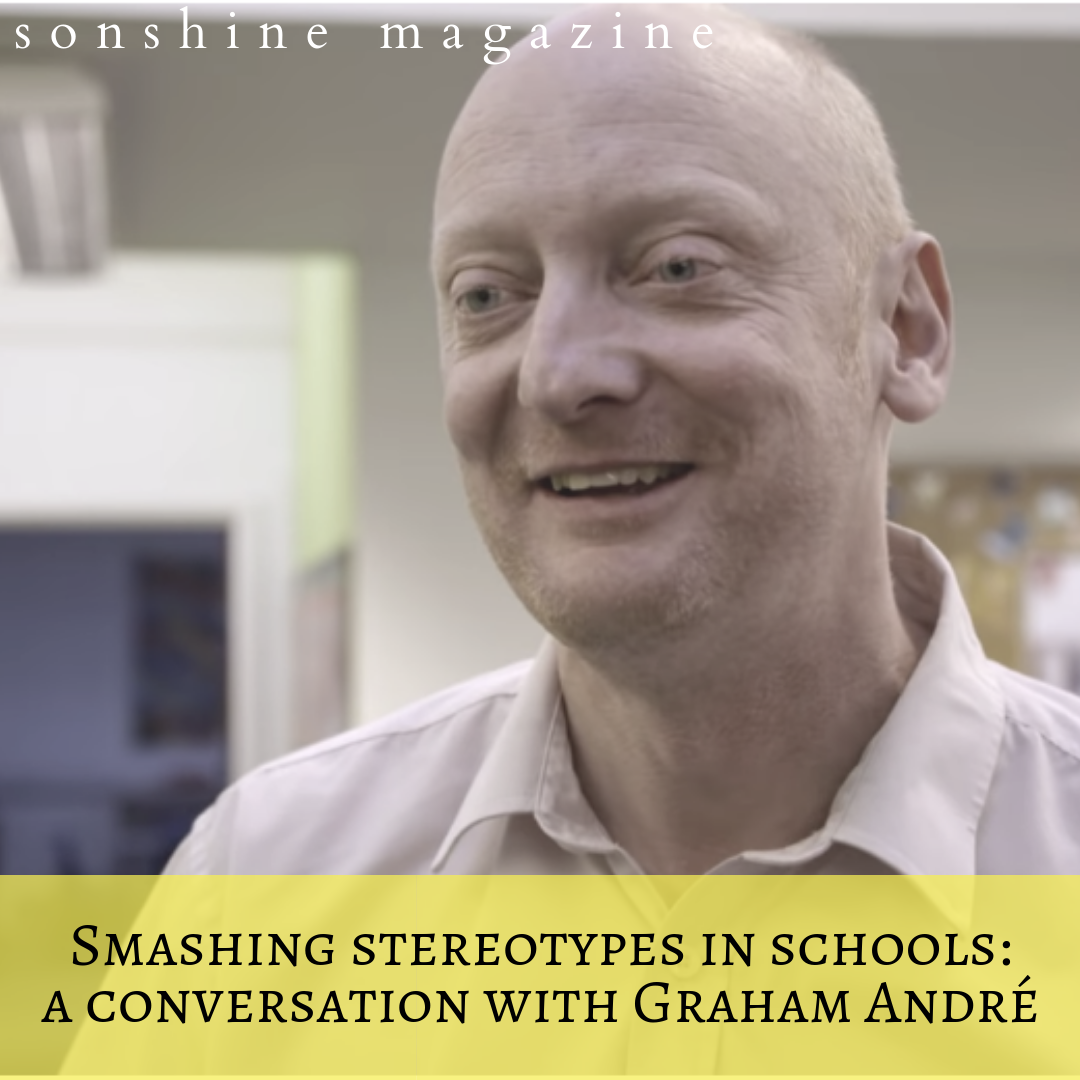
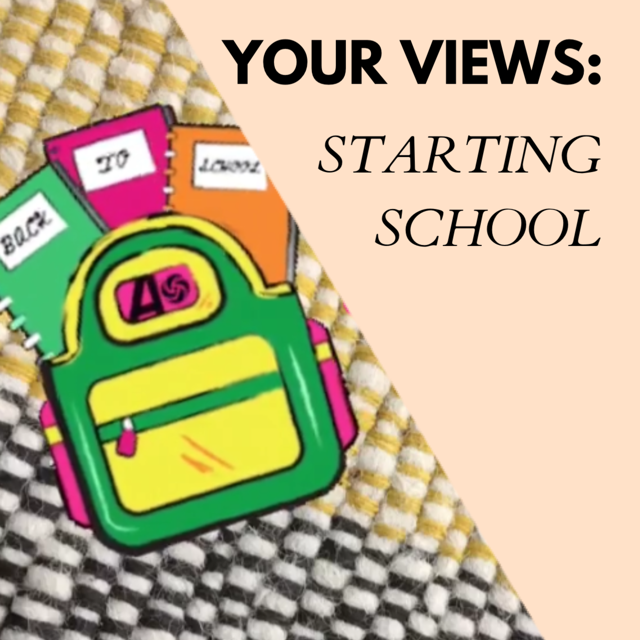

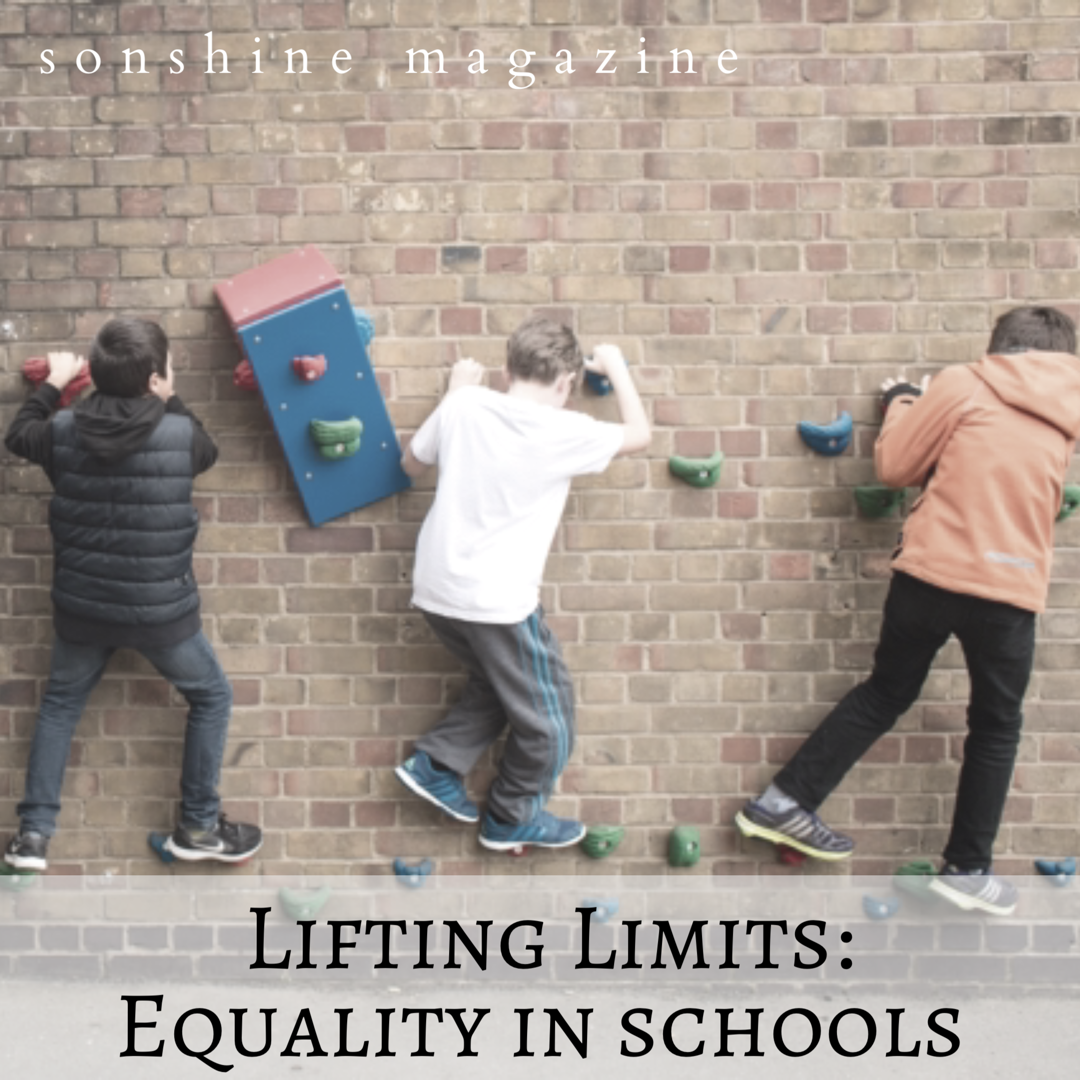
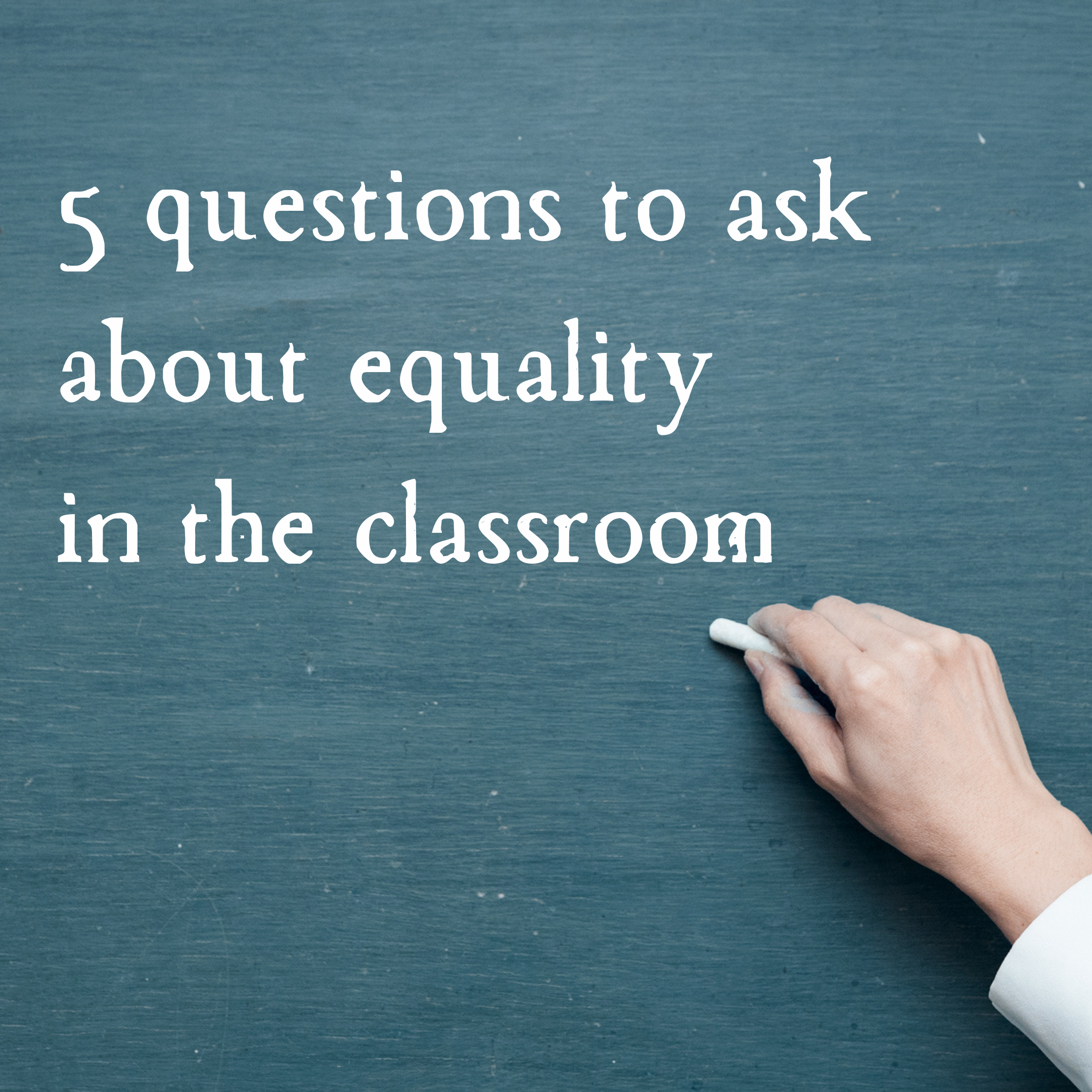

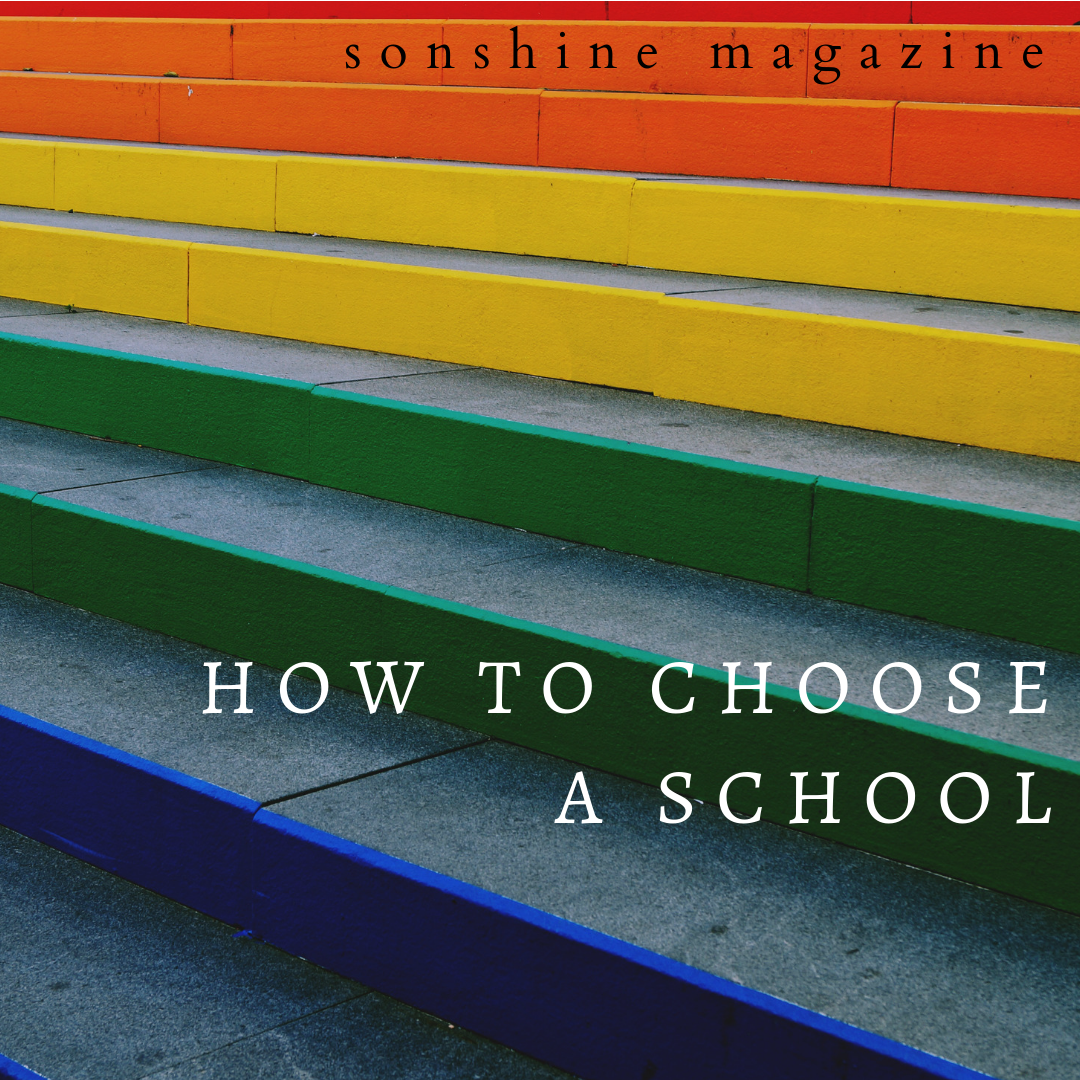

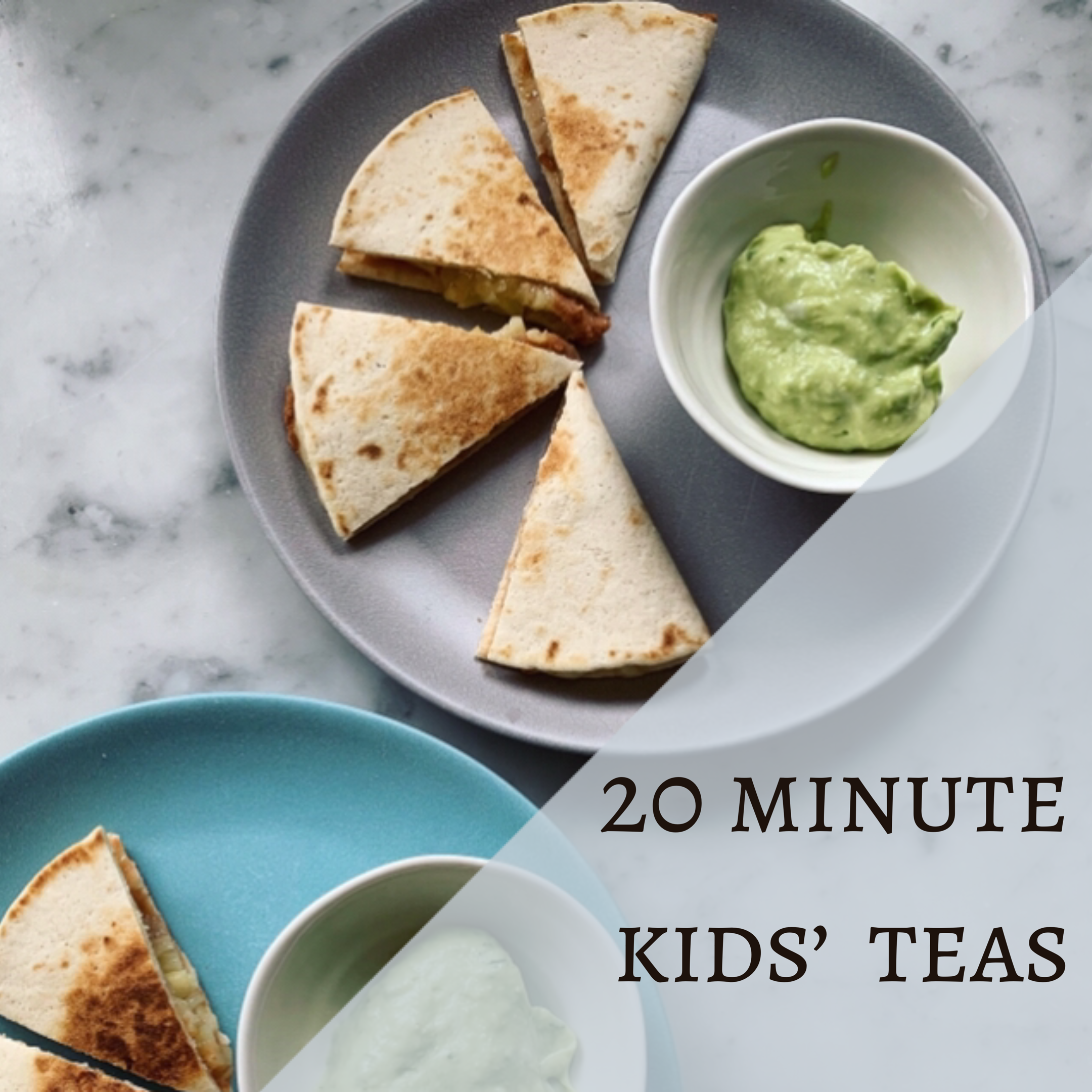
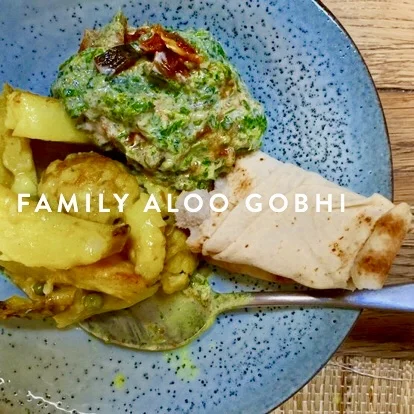


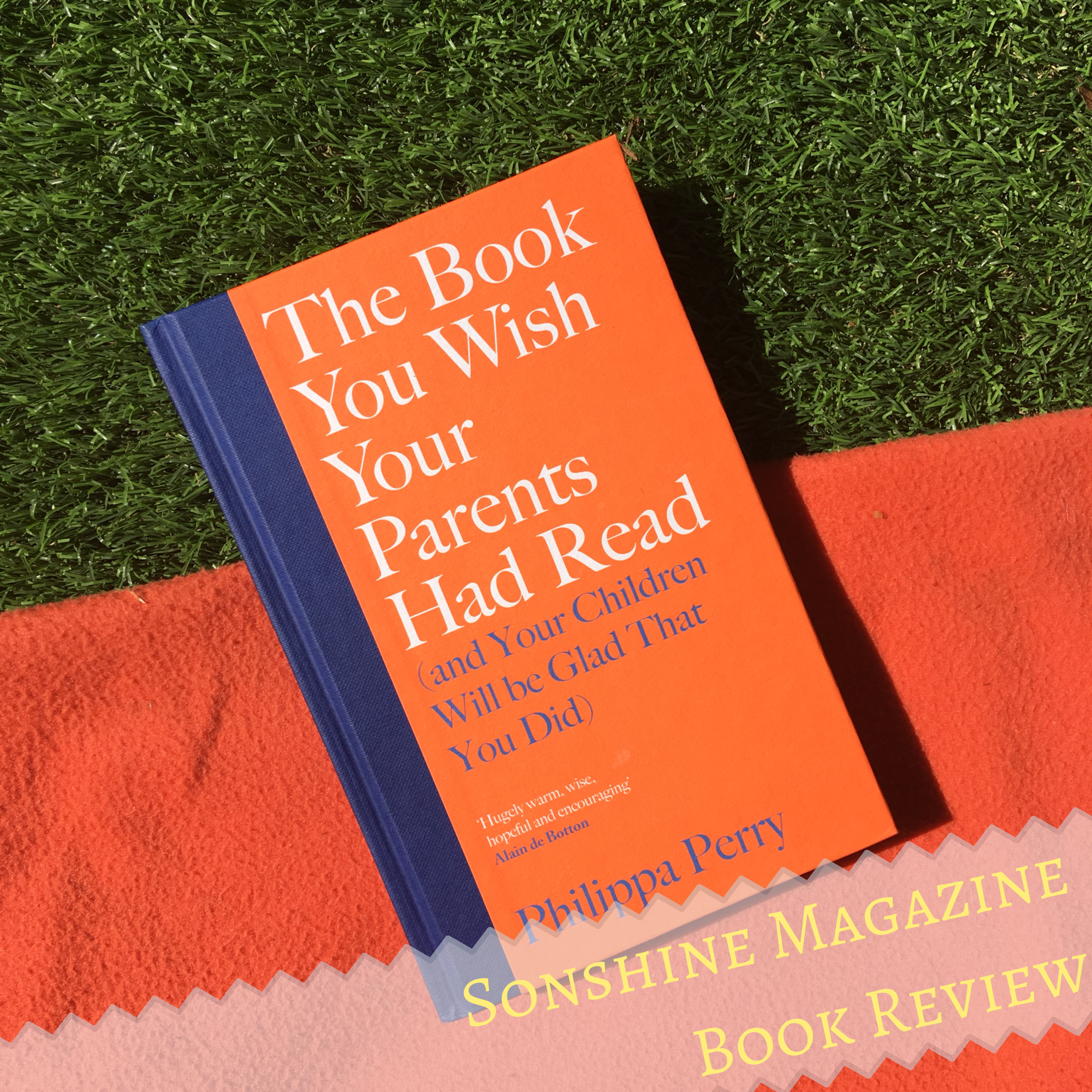
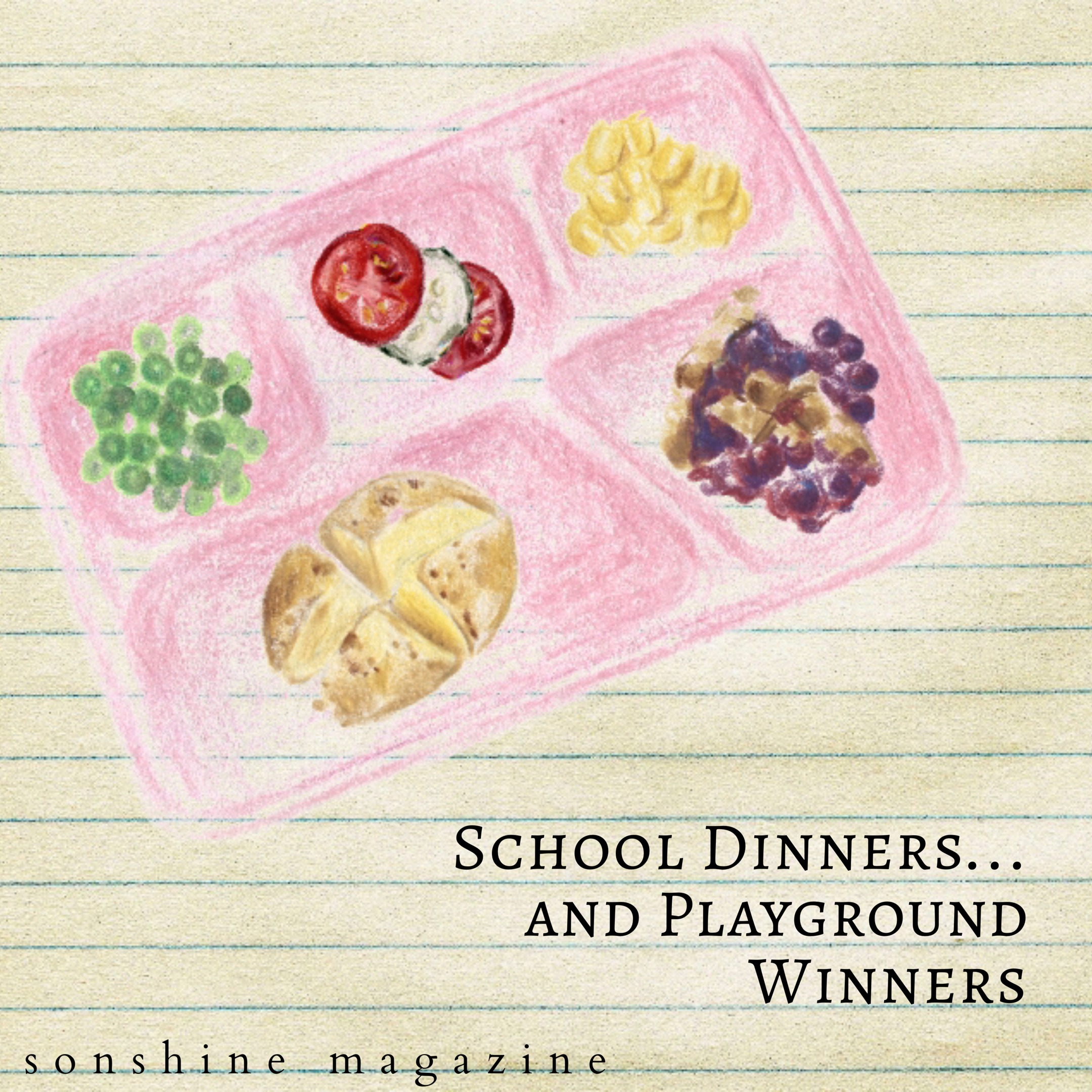
Kirstie introduces this Issue – all about school, and picks a few top articles